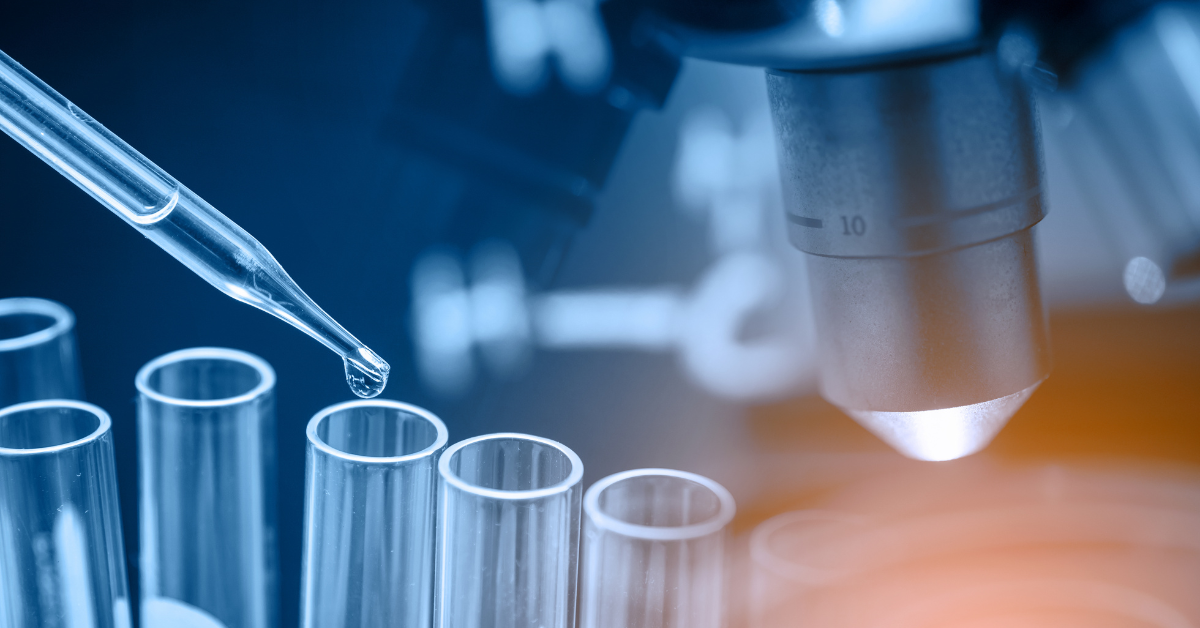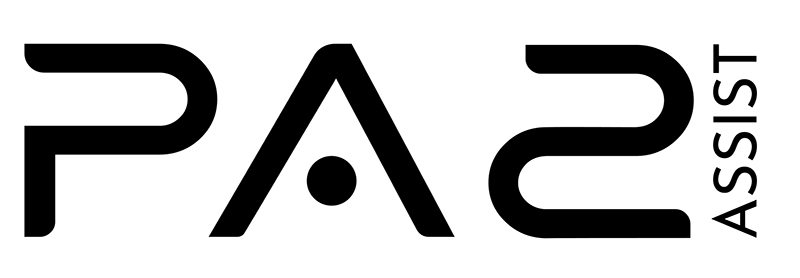Biotechnology Breakthroughs: Personal Assistants in Lab Coordination

Introduction:
In the rapidly evolving field of biotechnology, breakthroughs are not just confined to new drugs or therapies but extend into how research and laboratory work are conducted. Among the most exciting developments is the advent of personal assistants in lab coordination, a fusion of artificial intelligence (AI) and advanced robotics designed to streamline laboratory operations and enhance research efficiency. This blog post delves into the significance of these innovations, their impact on the biotechnology landscape, and what the future may hold.
The integration of AI-driven personal assistants in laboratory settings is transforming traditional workflows. These intelligent systems are capable of managing routine tasks, from scheduling equipment use to optimizing experimental protocols. By automating administrative and preparatory tasks, researchers can focus more on the critical aspects of their work, such as data analysis and hypothesis testing. This shift not only accelerates the research process but also minimizes human error, leading to more reliable and reproducible results.
One of the most significant advantages of personal assistants in lab coordination is their ability to facilitate seamless collaboration among researchers. These systems can synchronize workflows, manage project timelines, and ensure that all team members have access to the latest data and resources. Furthermore, they can integrate with various data management platforms, providing a centralized repository for experiment results, notes, and protocols. This level of organization is crucial in biotechnology, where the volume of data can be overwhelming and its proper management is essential for successful outcomes.
What sets these personal assistants apart is their capacity for customization and learning. Equipped with machine learning algorithms, they can adapt to the specific needs of a laboratory or research project, optimizing their functionality over time based on user feedback and interaction patterns. This adaptive approach allows for the continuous improvement of lab operations, making these assistants invaluable assets in the pursuit of scientific discovery.
The future of personal assistants in lab coordination looks promising, with potential applications extending beyond the confines of individual laboratories. Imagine a network of interconnected assistants across multiple research institutions, sharing data and insights and collaboratively solving complex scientific problems. Such a scenario could significantly accelerate the pace of innovation in biotechnology, leading to faster breakthroughs in medicine, environmental science, and beyond.
Moreover, as these technologies continue to evolve, we can expect them to become more intuitive and user-friendly, further lowering the barrier to entry for their adoption. This democratization of advanced research tools could level the playing field, enabling smaller labs and institutions to compete with larger entities.
The introduction of personal assistants in lab coordination represents a significant leap forward for the field of biotechnology. By automating routine tasks, enhancing collaboration, and managing data more efficiently, these innovations are not just changing how research is conducted; they are redefining what is possible. As we look to the future, the continued development and integration of these technologies hold the promise of making the lab of tomorrow more efficient, more collaborative, and more innovative than ever before.
#BiotechnologyInnovation #FutureOfBiotechnology #ArtificialIntelligenceInLabs #LaboratoryTechnology #ResearchAndDevelopment #IntelligentLabAssistants #DigitalTransformationInScience #CollaborativeResearchTech #MachineLearningInBiotech #EfficientLabManagement #NextGenResearchTools #SmartLaboratorySystems #CuttingEdgeScienceTech #EnhancingResearchEfficiency #BiotechTrends2024
Registered Office Address
